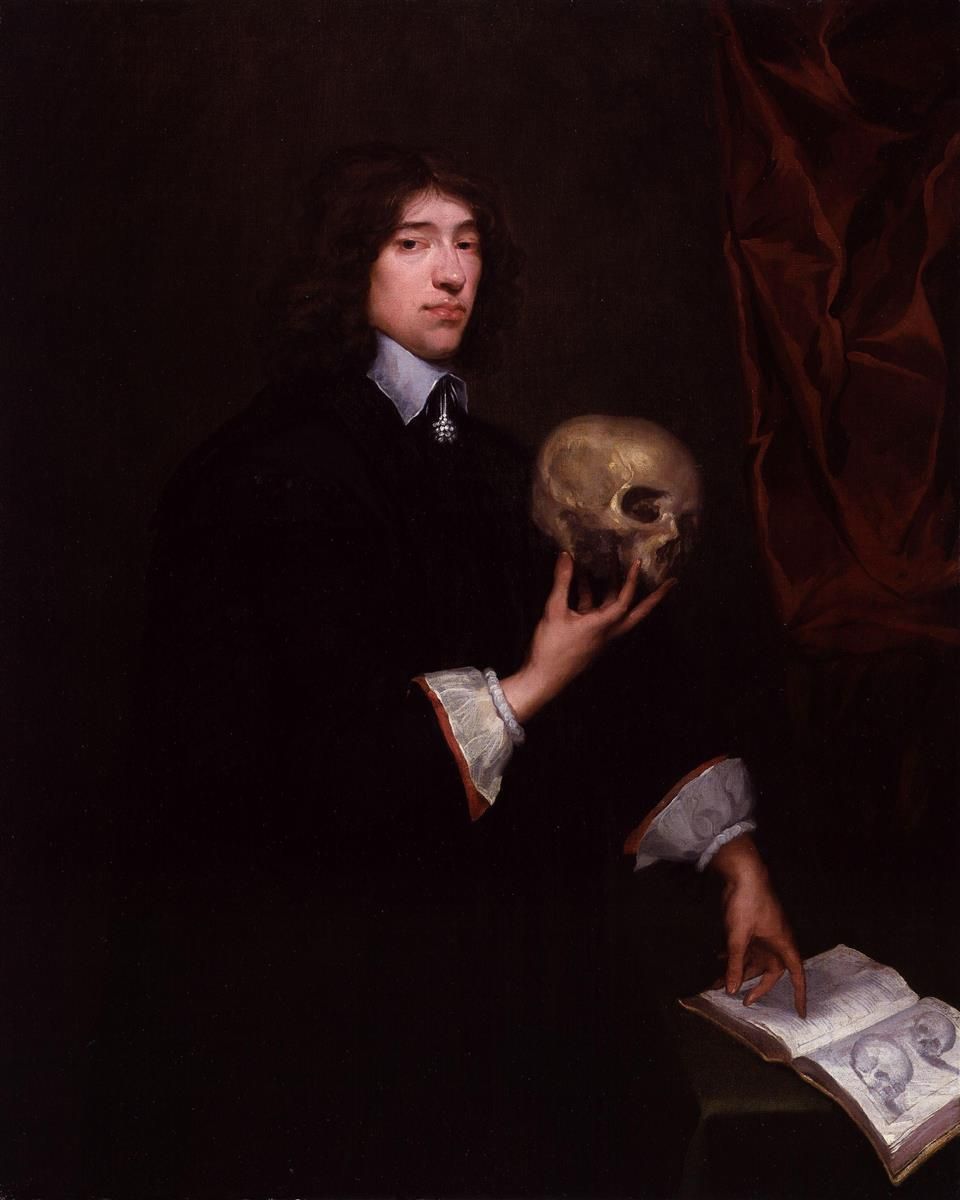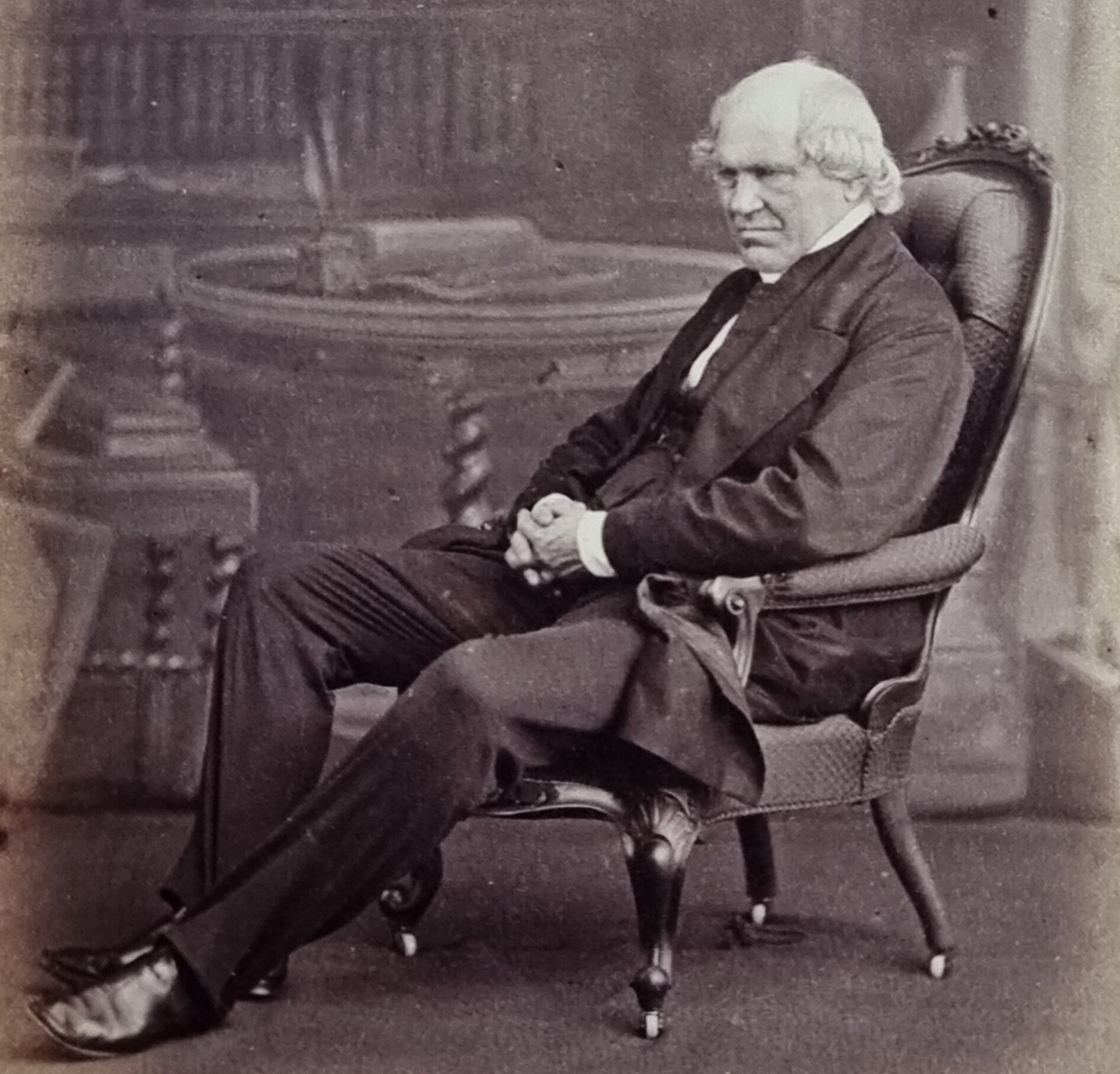|
Gregory King
Gregory King (15 December 1648 – 29 August 1712) was an English officer of arms, engraver, cartographer and statistician. Life Gregory King was born at Lichfield, England. His father was a surveyor and landscape gardener. Gregory was a bright boy, and his father used him as an assistant in his surveying work. At 14 Gregory became a clerk to William Dugdale, the antiquary and herald. King later (1667–69) worked for Lord Hatton, who was forming a collection of the arms of the nobility. When this project collapsed, he went to work for the dowager Lady Gerard at Sandon, Staffordshire as steward, auditor and secretary (1670–72). She was the widow of Charles Gerard, 4th Baron Gerard, and remarried in 1673. In 1672 King moved to London to work as an engraver for the printer John Ogilby; he also did surveying work and engraved maps. In 1677 he was appointed Rouge Dragon Pursuivant of Arms in Ordinary in the College of Arms. He became Lancaster Herald of Arms in Ordinary in ... [...More Info...] [...Related Items...] OR: [Wikipedia] [Google] [Baidu] |
Officer Of Arms
An officer of arms is a person appointed by a sovereign or state with authority to perform one or more of the following functions: * to control and initiate armorial matters; * to arrange and participate in ceremonies of state; * to conserve and interpret heraldic and genealogical records. By country The medieval practice of appointing heralds or pursuivants to the establishment of a noble household is still common in European countries, particularly those in which there is no official heraldic control or authority. Such appointments are also still made in Scotland, where four private officers of arms exist. These appointments are all purely advisory. Canada Work completed by the Canadian Heraldic Authority is conducted by officers known as the herald of arms. The organization is led by the Herald Chancellor of Canada and the Chief Herald of Canada, the latter serving as the director for the heraldic authority. In addition to the Chief Herald, other herald of arms i ... [...More Info...] [...Related Items...] OR: [Wikipedia] [Google] [Baidu] |
William Petty
Sir William Petty (26 May 1623 – 16 December 1687) was an English economist, physician, scientist and philosopher. He first became prominent serving Oliver Cromwell and the Commonwealth of England, Commonwealth in Cromwellian conquest of Ireland, Ireland. He developed efficient methods to survey the land that was to be confiscated and given to Cromwell's soldiers. He also remained a significant figure under Charles II of England, King Charles II and James II of England, King James II, as did many others who had served Cromwell. Petty was also a scientist, inventor, and merchant, a charter member of the Royal Society, and briefly a member of the Parliament of England. However, he is best remembered for his theories on economics and his methods of ''political arithmetic''. He was knighted in 1661. Life Early life Petty was born in London, where his father and grandfather were Cloth merchant, clothiers. He was a precocious and intelligent youth and in 1637 became a cabin ... [...More Info...] [...Related Items...] OR: [Wikipedia] [Google] [Baidu] |
People From Lichfield
The term "the people" refers to the public or common mass of people of a polity. As such it is a concept of human rights law, international law as well as constitutional law, particularly used for claims of popular sovereignty. In contrast, a people is any plurality of persons considered as a whole. Used in politics and law, the term "a people" refers to the collective or community of an ethnic group or nation. Concepts Legal Chapter One, Article One of the Charter of the United Nations states that "peoples" have the right to self-determination. Though the mere status as peoples and the right to self-determination, as for example in the case of Indigenous peoples (''peoples'', as in all groups of indigenous people, not merely all indigenous persons as in ''indigenous people''), does not automatically provide for independent sovereignty and therefore secession. Indeed, judge Ivor Jennings identified the inherent problems in the right of "peoples" to self-determination, as i ... [...More Info...] [...Related Items...] OR: [Wikipedia] [Google] [Baidu] |
English Statisticians
English usually refers to: * English language * English people English may also refer to: Culture, language and peoples * ''English'', an adjective for something of, from, or related to England * ''English'', an Amish term for non-Amish, regardless of ethnicity * English studies, the study of English language and literature Media * ''English'' (2013 film), a Malayalam-language film * ''English'' (novel), a Chinese book by Wang Gang ** ''English'' (2018 film), a Chinese adaptation * ''The English'' (TV series), a 2022 Western-genre miniseries * ''English'' (play), a 2022 play by Sanaz Toossi People and fictional characters * English (surname), a list of people and fictional characters * English Fisher (1928–2011), American boxing coach * English Gardner (born 1992), American track and field sprinter * English McConnell (1882–1928), Irish footballer * Aiden English, a ring name of Matthew Rehwoldt (born 1987), American former professional wrestl ... [...More Info...] [...Related Items...] OR: [Wikipedia] [Google] [Baidu] |
Palgrave Dictionary '', a popular anthology of English poetry
{{disambiguation, geo ...
Palgrave may refer to: Places Australia * Palgrave, Queensland, a locality in the Southern Downs Region, Australia Canada *Palgrave, Ontario, Canada United Kingdom *Palgrave, Suffolk, England *Sporle with Palgrave, Norfolk, England Others *Palgrave (surname) *Palgrave Macmillan, an academic publishing company See also *Count palatine *'' The New Palgrave: A Dictionary of Economics'' *''Palgrave's Golden Treasury The ''Golden Treasury of English Songs and Lyrics'' is a popular anthology of English poetry, originally selected for publication by Francis Turner Palgrave in 1861. It was considerably revised, with input from Alfred Tennyson, 1st Baron Tennys ... [...More Info...] [...Related Items...] OR: [Wikipedia] [Google] [Baidu] |
Peter Laslett
Thomas Peter Ruffell Laslett (18 December 1915 – 8 November 2001) was an English historian. Biography Laslett was the son of a Baptist minister and was born in Bedford on 18 December 1915. Although he spent much of his childhood in Oxford, he was educated at the Watford Grammar School for Boys. He began a degree course in history at St John's College, Cambridge, in 1935 and graduated with a double first in 1938. He stayed in Cambridge for some time, conducting historical research, then in 1940 joined the Fleet Air Arm.John Dunn, Tony Wrigley‘Thomas Peter Ruffell Laslett (1915–2001)’ ''Proceeds of the British Academy'', Volume 130, ''Biographical Memoirs of Fellows IV'', edited by P. J. Marshall, pp. 109–129, Oxford, Oxford University Press, 2005. After a period working on protection of Arctic convoys, Laslett then learned Japanese at the School of Oriental and African Studies, joined the Royal Navy Volunteer Reserve as a lieutenant and worked on decoding ... [...More Info...] [...Related Items...] OR: [Wikipedia] [Google] [Baidu] |
William Stanley Jevons
William Stanley Jevons (; 1 September 1835 – 13 August 1882) was an English economist and logician. Irving Fisher described Jevons's book ''A General Mathematical Theory of Political Economy'' (1862) as the start of the mathematical method in economics. It made the case that economics, as a science concerned with Real versus nominal value (economics), quantities, is necessarily mathematical. In so doing, it expounded upon the "final" (marginal) utility theory of value. Jevons' work, along with similar discoveries made by Carl Menger in Vienna (1871) and by Léon Walras in Switzerland (1874), marked the opening of a new period in the history of economic thought. Jevons's contribution to the Marginal utility#Marginal Revolution, marginal revolution in economics in the late 19th century established his reputation as a leading political economist and logician of the time. Jevons broke off his studies of the natural sciences in London in 1854 to work as an metallurgical assay, ass ... [...More Info...] [...Related Items...] OR: [Wikipedia] [Google] [Baidu] |
William Whewell
William Whewell ( ; 24 May 17946 March 1866) was an English polymath. He was Master of Trinity College, Cambridge. In his time as a student there, he achieved distinction in both poetry and mathematics. The breadth of Whewell's endeavours is his most remarkable feature. In a time of increasing specialisation, Whewell belonged in an earlier era when natural philosophers investigated widely. He published work in mechanics, physics, geology, astronomy, and economics, while also composing poetry, writing a Bridgewater Treatise, translating the works of Goethe, and writing sermons and Theology, theological tracts. In mathematics, Whewell introduced what is now called the Whewell equation, defining the shape of a curve without reference to an arbitrarily chosen coordinate system. He also organized thousands of volunteers internationally to study ocean tides, in what is now considered one of the first citizen science projects. He received the Royal Medal for this work in 1837. One ... [...More Info...] [...Related Items...] OR: [Wikipedia] [Google] [Baidu] |
George Chalmers (antiquarian)
George Chalmers (December 1742 – 31 May 1825) was a Scotland, Scottish antiquarian and political writer. Biography Chalmers was born at Fochabers, Moray, the second son of the local postmaster, James Chalmers (who was a grandson of George Chalmers of Pittensear in Lhanbryde) and his wife Isabella.Fleming, Thomas. "George Chalmers (December 1742-31 May 1825)," in Clyde N. Wilson (ed.), ''American Historians, 1607-1865'', Dictionary of Literary Biography Vol. 30, Detroit: Gale Research, 1984, 52. After completing a course at King's College, Aberdeen, he studied Scots law, law at the University of Edinburgh for several years. Two uncles on the father's side had settled in British North America, and Chalmers visited Maryland in 1763, apparently to assist in recovering a tract of land about which a dispute had arisen. He began practising as a lawyer at Baltimore. As a Loyalist, however, at the outbreak of the American War of Independence, he abandoned his professional prospect ... [...More Info...] [...Related Items...] OR: [Wikipedia] [Google] [Baidu] |




